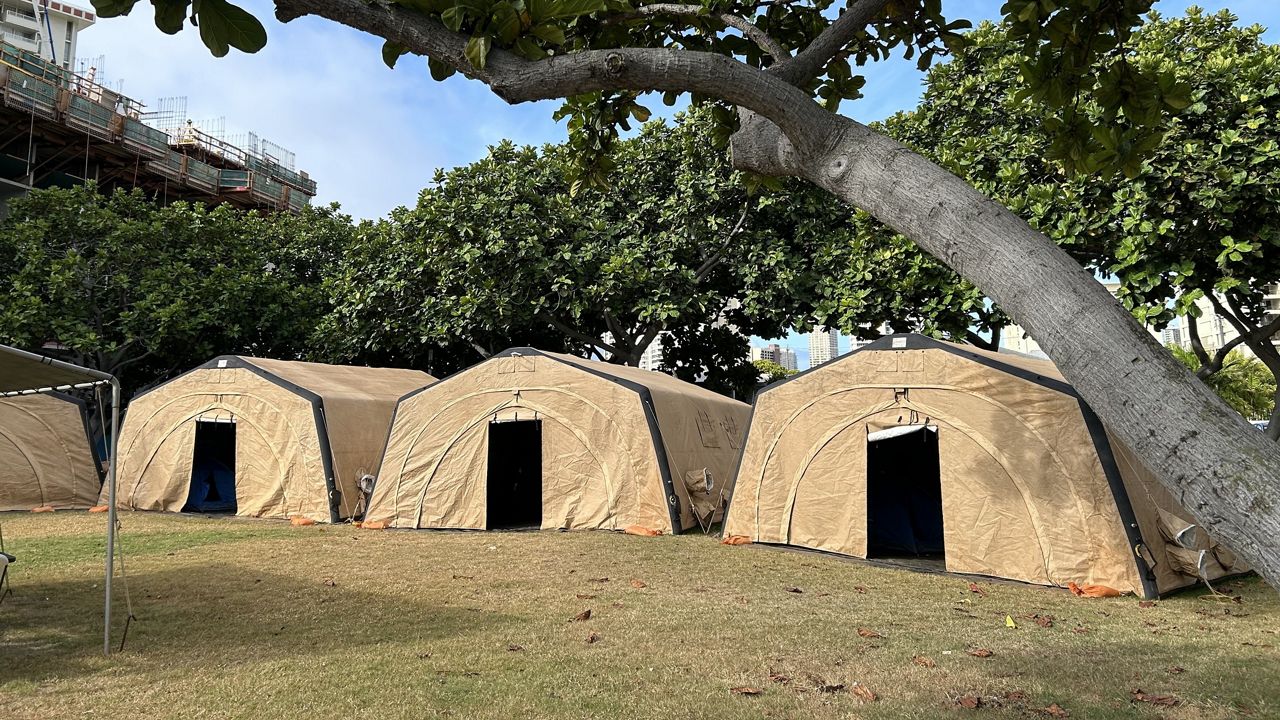As media outlets and the general public continue to parse sections of the 4,000-page 2023 omnibus spending bill that Pres. Joe Biden signed last week, one thing is clear: 2023 is shaping up to be another very good year for the University of Hawaii.
“This funding measure continues to showcase a very productive partnership between our Hawaii congressional delegation and UH, our flagship institution of higher education and engine of our economy, with its excellent record of attracting hundreds of millions in research funding,” said U.S. Rep. Ed Case, a member of the powerful U.S. House Committee on Appropriations.
Case and the rest of the delegation submitted numerous Community Project Funding requests that would directly benefit the university. Among those that made it to the final bill were $6.5 million for the UH Cancer Center to complete construction of the 17,00-square-foot Early Phase Clinical Research Center; $1.8 million for the Hawaii Public Health Institute to develop and train navigators to support kupuna and their caregivers; and $1 million for the Office of Indigenous Innovation to establish an indigenous data science hub.
Significant funding was also directed to broad-based initiatives that include UH programs. This support included $302 million for the Department of Defense’s High Performance Computing Modernization Program, which supports the UH-managed Maui High Performance Computing Center; $101 million to the National Domestic Preparedness Consortium, which includes UH Manoa’s National Disaster Preparedness Training Center; $83 million to the U.S. Geological Survey’s Climate Adaptation Science Centers, which includes a UH-based facility; a $4 million to the UH Center for Indigenous Innovation and Health Equity to advance indigenous research and policy solutions to achieve health equity.
UH will also benefit from appropriations directed to major federal programs that help to fund UH program and projects, Case said.
“In my work on the House Appropriations Committee, I know that if I support these programs at the national level then UH and other Hawaii institutions and communities will benefit locally,” said Case.
Such spending includes $470 million for Advanced Research Projects-Energy and High Energy Physics, which directly supports research at UH aimed at energy technologies that can address the nation’s economic, environmental and energy security challenges; $144 million for Science, Technology, Engineering and Mathematics engagement, which includes $45 million for NASA’s Minority University Research and Education Project, which in turn funds Hawaii STEM programs; and $80 million for the Sea Grant Program, which supports the Hawaii Sea Grant Program at UH that concentrates on promoting healthy coastal ecosystems, sustainable fisheries and aquaculture, resilient communities and economies and environmental literacy and workforce development.
The federal spending bill directly benefits UH students as well as the university.
The bill includes $24.6 billion for federal student aid programs, which includes increasing the maximum Pell Grant award by $500 to $7,395 for the 2023–24 academic year. It also includes $1.2 billion for the Federal Work Study Program, an increase of $20 million above the FY 2022 enacted level, and $910 million for the Federal Supplemental Educational Opportunity Grant program, an increase of $15 million above the previous fiscal year.
Michael Tsai covers local and state politics for Spectrum News Hawaii.








